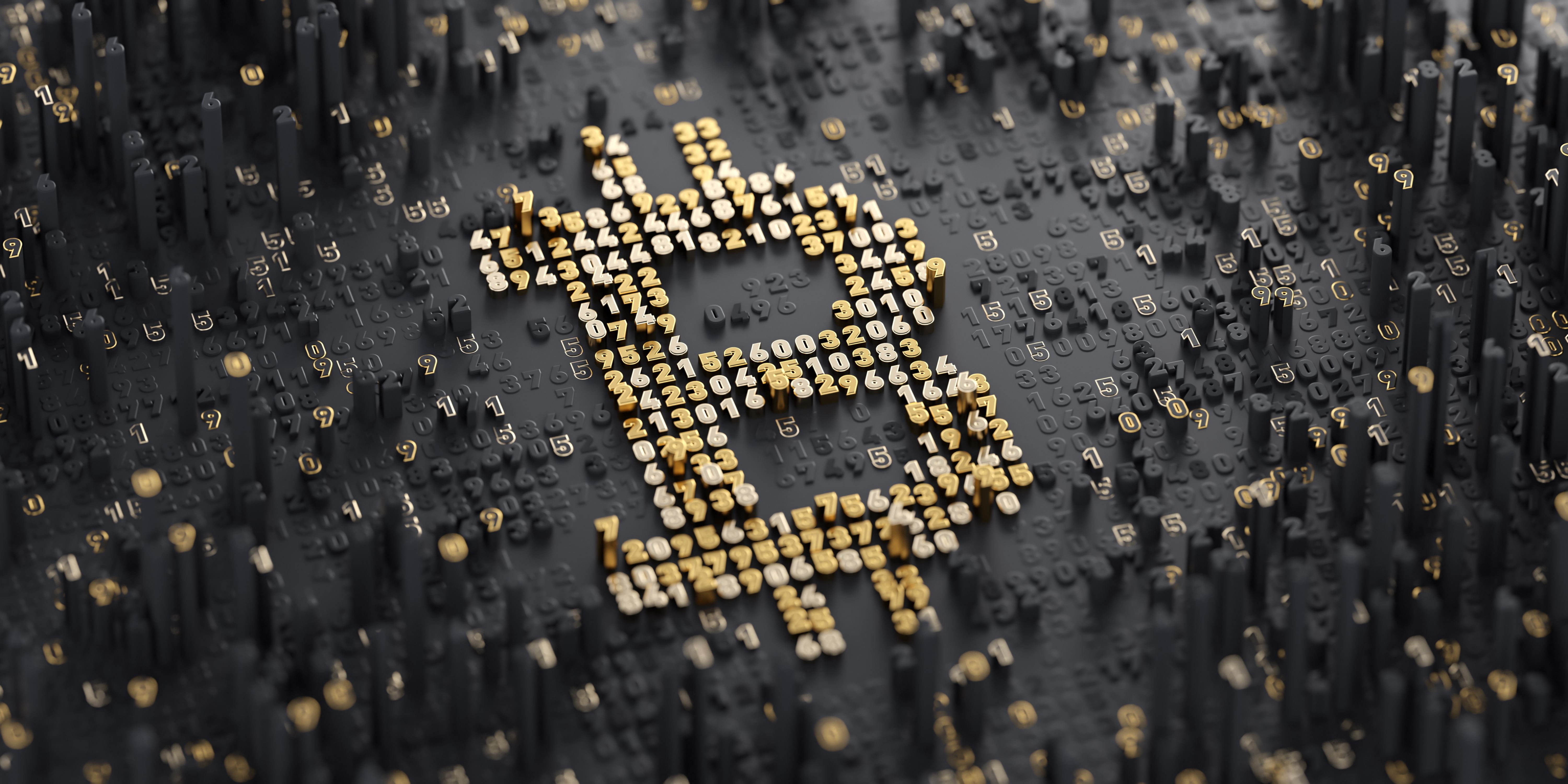By Anne Connelly
We’re at the edge of one of the greatest societal shifts since the separation of church and state. Ten years ago, with the creation of bitcoin, people were given the ability to digitally transact value without the need for a government to manage the system.
Bitcoin marked the beginning of the separation of money and state.
Although rumours have been brewing for some time now, Facebook announced lately that it is launching its own ‘cryptocurrency’, Libra. Starting in 2020, users will be able to transact in Libra across the suite of Facebook’s social platforms, including Messenger, Whatsapp, and Instagram. This stable coin is pegged to a basket of fiat currencies including the USD and the Euro, meaning that it will fluctuate less than traditional crypto, removing much of the currency risk that can be a real deterrent to non-speculative adoption.
We’ve seen corporations become entrenched in financial systems before. You just have to look to Eastern Africa where Safaricom’s mobile money service, Mpesa has taken the region by storm. The difference here is that Mpesa still operates in local government currency, while Facebook has created a proprietary token.
The launch of Libra has both the financial and crypto communities abuzz. Here are some of the arguments about why this powerful new currency will change the world, for better and for worse.
The Good
Living in a stable, developed country like Canada, we often take our financial system for granted. More than 4 billion people worldwide are unbanked or underbanked. And while most live in developing countries, 25 percent of Americans also fall in that category. This leaves people cut off from opportunities that require a credit card, for example, and from financial opportunities to grow their capital and transact into broader markets. Libra has the potential to bring an entire generation of people into a more formal financial system that, in the longer term, can help them build their credit, and move up the socio-economic ladder. The same could be said about bitcoin, however the massive fluctuations in price are unsustainable for those with little to no disposable income.
For people who need to be sure their rent money will be there on Tuesday, bitcoin isn’t a viable option right now. And with limited on and off ramps to the bitcoin ecosystem, particularly in developing countries, it’s not practical solution if your landlord doesn’t accept bitcoin directly. With a pre-existing community on Facebook of over 2.38 billion monthly active users, there’s a pretty good chance your landlord will be one of them.
A common criticism of cryptocurrencies from the international development community is that you need consistent internet to use bitcoin, and that often the cost of using bitcoin in terms of phone data and miner fees outweighs any benefits to using the currency. This is where Facebook has a distinct advantage. For many people around the world, Facebook is the only way they can access the internet and subsequently any digital financial system.
A good example of this is in Myanmar, where internet became available in 2001, but by 2012, still less than 1 percent of the population used it, simply because it was too expensive. This changed when Facebook made it free to access their app on over 50 mobile providers worldwide. And so, for a large proportion of the world’s population, who can only connect to the outside world via the Facebook app, Facebook is the internet. In Nigeria alone, 65 percent believe that they are one and the same. Although that statistic is fundamentally concerning, and we should be fighting for greater access to free and open internet, it does mean that with Libra, people everywhere will have free access to financial services on their phones — including on feature phones. And with 85 percent of people living in cell-connected areas, this has the potential to be massively transformative to the way we transact.
Most importantly though, Libra will offer people choice. In today’s world, the vast majority of people are forced to use their country’s fiat currency. Even when that is a massive disadvantage to citizens.
By having other alternatives to choose from, citizens will be more protected from having their life savings go up in smoke, but more importantly, governments will be incentivized to clean up their acts and get their national currencies under control.
All in all, Libra has the best chance of all the tokens on the market to actually succeed at bringing the bulk of the world onto a financial system that can help eliminate poverty and give people alternatives to the broken fiat currencies they are forced to use today.
The Bad
Facebook isn’t exactly known for its ethical operations. You may remember they were actively allowing people’s data to flow to Cambridge Analytica, a company who used it to manipulate the presidential election in the US. Facebook has also been accused of election manipulation in Africa etc. Now imagine what will come from Facebook not only tracking and selling your data, but tracking and selling access to your financial transactions as well.
Where things get really scary though, is when you think about what happens when Libra becomes a success. Suddenly, the vast majority of the world uses Libra as their primary transfer of value. A monetary system built on the infrastructure of a centralized company that has previously had its software turned off by governments. What happens when the government prevents Facebook from operating when its citizens have their life savings in the app? Or more importantly, what happens when Facebook begins to censor your purchases? Imagine not being able to buy a t-shirt in support of the Democrats because the Republicans bought the censorship rights to your area. Worse is if Facebook kicks you off their network, perhaps for a comment or a photo that’s against their policies, leaving you locked out of the modern financial system and forced to use what’s left of the fiat system that has now crumbled into the ground.
In their marketing for Libra, Facebook actively markets itself as “decentralized”. However, Facebook is charging carefully selected network partners $10M to operate a node, meaning that they control who is recording transactions, and could very easily manipulate them to push out network changes that aren’t beneficial to the community. This is not what a truly decentralized system looks like. Facebook is appropriating words from the crypto world to give credibility to the project, when what they are really doing is a calculated bait and switch. This is not what a truly decentralized system looks like.
Anne Connelly is Faculty at Singularity University and has been an active part of the global blockchain community since 2012. Opinions expressed in this piece belongs to the author who gave permission to publish this piece.




